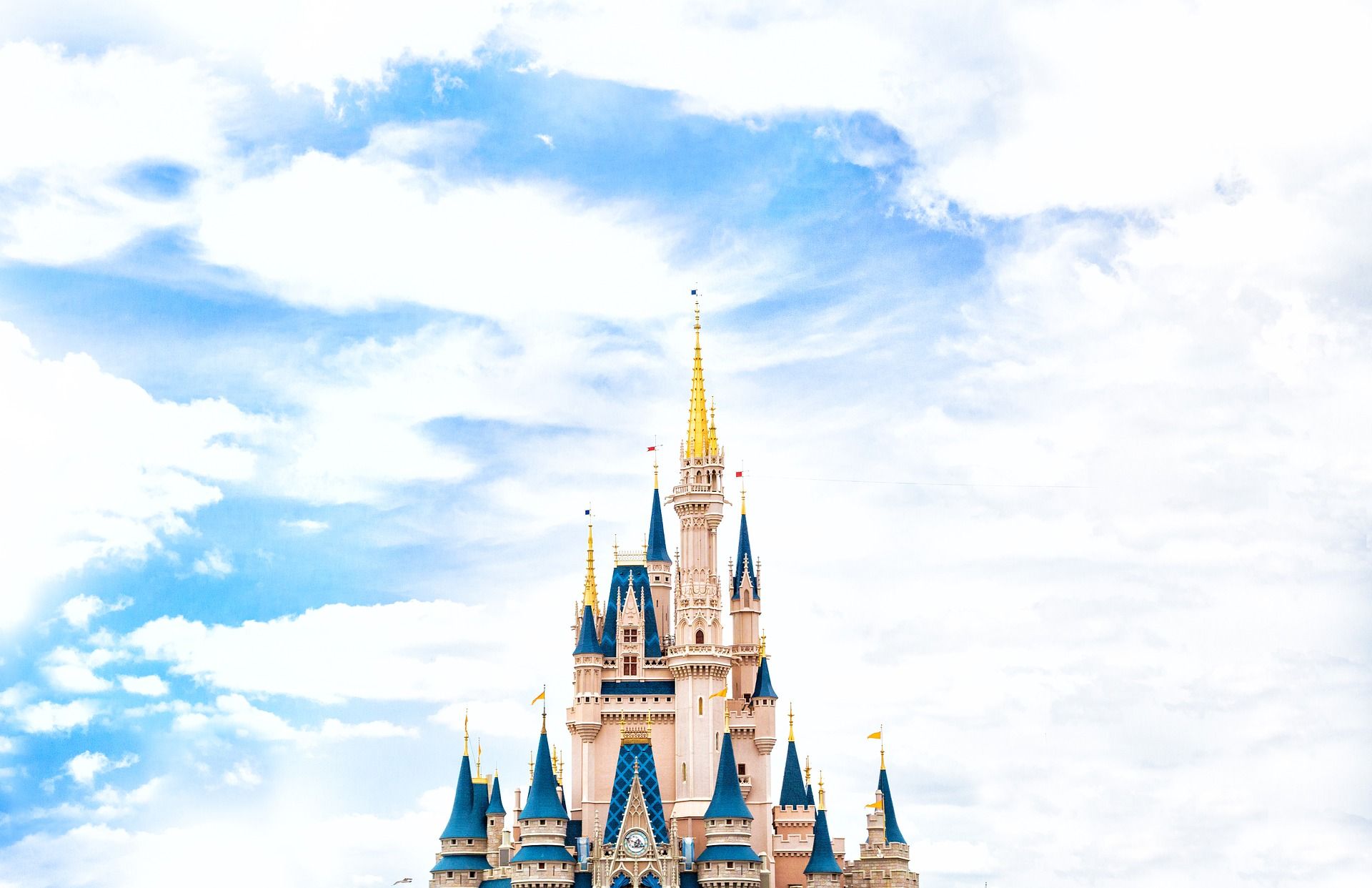Without market competition there’s no fairytale ending
Since the start of 2018, mergers and acquisitions have become more popular amongst companies in a bid to combat a fall in sales. Instead of looking at smaller companies for takeovers, companies have begun to target their bigger competitors. Many have criticised the moves as a threat to the free-market and its natural mechanism of competition. Indeed, many of these mergers have allowed companies to have monopolistic powers as their pricing power increases. As companies dominate greater shares in the market, they are able to increase prices for consumers, invest less in research and development and even influence government decision.
Recently, the proposed Sainsbury’s and Asda merger came under question by the Competition and Markets Authority as the resulting total market share would have been around 31%, which is over the limit of 25%. Although they have promised lower prices and that their market share will reduce to 26% when adding other companies such as B&M into the market, a duopoly with Tesco is harmful for consumers pockets. Add in all of the corner shops in the UK, along with Wilko’s, Boots and Marks and Spencer and, according to their lawyers, the merger is under 25% and completely legal. Although they will have greater economies of scale and the power to lower prices, their increased dominance of the market and competition with Tesco will mean that they are likely to raise prices.
Public interest journalism, which has underpinned Western democracy, has become weakened by greater deregulation and an increase in lobbying since the financial crisis in 2008
The potential merger between Walt Disney and 21St Century Fox passed US anti-trust legislation provided that Fox sells its regional sports channels. The proposed merger would make Walt Disney the world’s most foremost holder of intellectual property with the likes of Mikey Mouse, Iron Man and X-Men all being included owned by Disney. It would also give Disney control of Star of India and a 39% stake in Sky. Mergers such as these restrict choice in broadcasting and the media for consumers.
Concentration of media ownership contradicts the basic principle of democracy if news and other content is restricted due to political opinion or the closeness of such companies to politics. Public interest journalism, which has underpinned Western democracy, has become weakened by greater deregulation and an increase in lobbying since the financial crisis in 2008. Mergers, such as between Fox and Disney, signal another increase in monopolistic behaviours in a sector that praised pluralism.
Indeed, Marxist theory of the economy warns against monopoly capitalism as an epoch of history that will lead to multinational corporate domination. Marx warns against companies who buy their competitors in order to dominate the market and exploit the proletariat.
In an age of monopolies and oligopolies…the lack of competition due to high barriers of entry have resulted in higher prices for consumers
More recently, Henry Kaufman, a leading financial analyst, stated that “in a single generation, our financial system has…melded together rapidly into a highly concentrated oligopoly of enormous firms”. Such firms have greater pricing power which discourages them from increasing research and development in their products to get ahead and allows them to only focus on profits. If there is little or no opposition from the competitor, why would a firm spend money on making their products better or improving their methods of production to make goods cheaper for consumers? At the end of the day, a lack of competition in a market will only harm consumers. The lax regulation of markets has increased the possibility of markets dominated by oligopolies as firms turn to making deals with their competitors rather than becoming more efficient to get ahead.
The origin of competition is usually attributed to the economist Adam Smith in The Wealth of Nations. Competition, according to his theory, results in firms developing new products, services and technologies, which would give consumers better goods and more variety. Furthermore, competition encourages efficiency which results in lower prices of goods compared to a monopoly or oligopoly, which does not have to worry about beating its competitors. In an age of monopolies and oligopolies, such as in the supermarkets sector or the dominance of Google and Amazon, the lack of competition due to high barriers of entry have resulted in higher prices for consumers.
Monopoly power through mergers threaten not only efficient markets and shared prosperity, but also democracy
Joseph Schumpeter, a great economist of the 20th century, argued through a theory of ‘creative destruction’ that monopoly power should not be a source of worry as their power would decline as they became inefficient and consumers demanded cheaper and better-quality goods which would decrease their market share. Yet, monopoly power through mergers threaten not only efficient markets and shared prosperity, but also democracy.
In the age of monopolies, competition is lost and mergers are becoming more prominent. The modern era of dominant multi-national corporations cannot be viewed through the lens of competition. Any competition is now oligopolistic, not pure, due to low market concentrations. Firms run to their lawyers to merge with competition rather than make their supply chains more efficient. This not only has significant implications for the consumer and the market, but also for democracy.

Comments